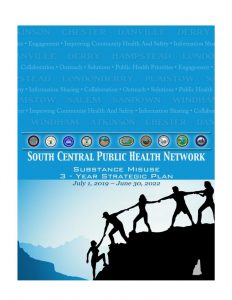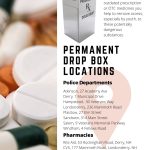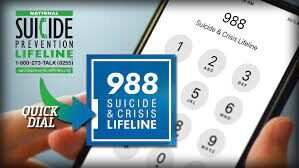Stigma and Treatment
The Substance Abuse and Mental Health Services Administration (SAMHSA) reports that 1 in 5 Americans will have some sort of behavioral or mental health disorder (MHD) at some point in their life. According to the National Institute of Health (NIH) 10% of Americans will have a substance misuse disorder (SUD) at some point in their life.
You may read that and think, “That’s not so many”. Consider this: Of the 20% of Americans who suffer with a mental health disorder, less than half will receive treatment. In addition, 76% of young people who suffer with depression receive no treatment for their condition.
(http://www.mentalhealthamerica.net/issues/state-mental-health-america).
Now is the time for change. Need for mental health and substance abuse treatment is increasing. Not all who need care are successfully accessing it.
A number of barriers exist to accessing care.
- Lack of professionals in both mental health and substance abuse.
- The cost of care – especially for those without adequate coverage.
- Stigma – defined as,” a set of negative and often unfair beliefs that a society or group of people have about something.” An individual deeply perceives a feeling of stigma in the cases of substance abuse and mental health disorders and is less likely to try to find care.
- Lack of Professional Development in Medicine– Even today many physicians, nurses and other health care professional are uncomfortable having a discussion with a patient about these issues. Professional development opportunities are lacking.
Read more about addiction and stigma:
https://drugabuse.com/library/addiction-stigma/
When someone is suffering from one of these conditions there are a few things to remember when interacting with them and encouraging them to stake steps towards improved well-being:
- Listen without judgement if someone confides in you
- Don’t use dehumanizing terms such as “Junkie”
- Research how drug dependency works and learn more about SUD/MHD
- Educate others on your findings
- Speak up when you see stigma
- Remember that anyone can fall victim to these conditions. Listen to the entire story.
- Remind the person that after they have completed treatment they have the potential to do anything they set their minds to.
- Be kind
Make other people matter in your life. Spread the word. Be part of the change. Make a difference. Choose wellness.











